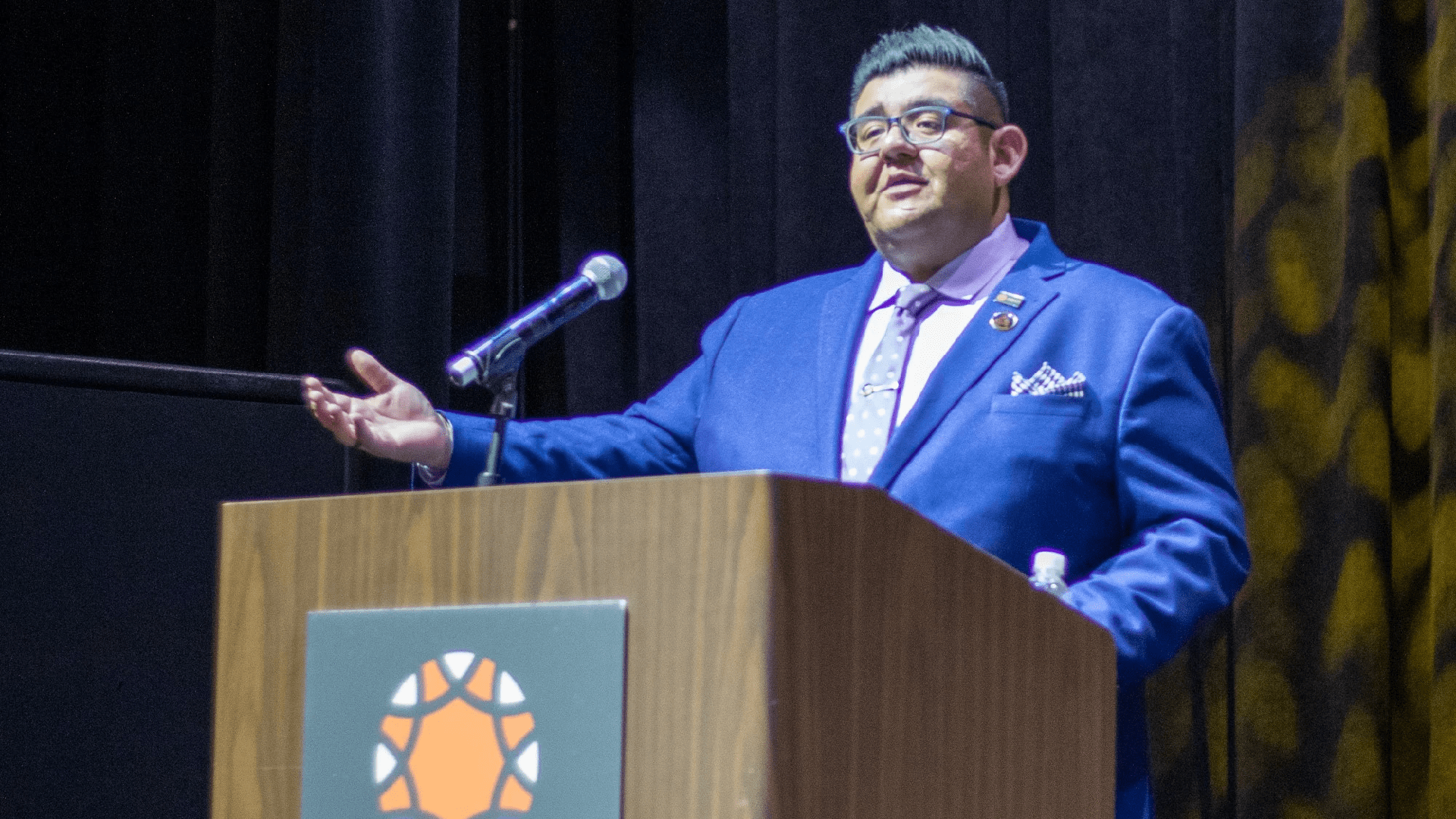
Florida Faces Legal Showdown: Online Sports Betting in the Crosshairs
Rival businesses in Florida are challenging a deal struck by Governor Ron DeSantis and the Seminole Tribe on the legitimacy of internet sports betting on tribal territory. The lawsuit, which is currently pending before the US Supreme Court, has concerns around revenue sharing and state laws, which may have an impact on federal gaming laws.
Legal Conflict: State Regulations vs. Tribal Rights
The Seminole Tribe and Governor Ron DeSantis of Florida are engaged in a legal battle over internet sports betting on tribal grounds, and it has reached the Supreme Court, affecting state and federal gaming laws.
These initiatives have, however, cast doubt on the legality of a number of issues, such as computers and mobile phones situated on tribal land, which is expected to negatively impact enterprises.
Notably, a deal between Governor Ron DeSantis and the Seminole Tribe grants the tribe exclusive rights to run casinos and sports wagering on the reservation.
Rival companies Bonita-Fort Myers Corp. and West Flagler Associates, meanwhile, are not in competition. The agreement, according to Florida racetrack and poker room operators, violates state law that forbids gaming on tribal land.
The competing firms are now requesting a decision that would void the agreement, since the case has made its way to the United States Supreme Court. They contend that upholding the deal would create a clear precedent, circumventing state legislation on the expansion of gambling.
Risks to Money and Past Decisions
There's a lot of money on the line. The Seminole Tribe's internet sportsbook brought in over $120 million for the state of Florida in 2024 alone. Tribal sports earnings may total $4.4 billion by the end of the decade, according to economists.
The Seminole Tribe claims the agreement settles a long-standing disagreement, while opponents claim it compromises the integrity of Florida's constitutional limits on gambling expansion.
The legal discussion makes clear the case's wider implications. The precedent set by Florida may persuade other states to make treaties with US-style tribes. The Supreme Court's decision to stay out of the matter could have a national impact on the online gaming industry.
Robert Jarvis, a law professor at Nova Southeastern University in Florida, was among the legal experts who reportedly told Gaming America that West Flagler's legal action looked like an uphill battle, and Jarvis even went so far as to waste time and valuables on the matter.














